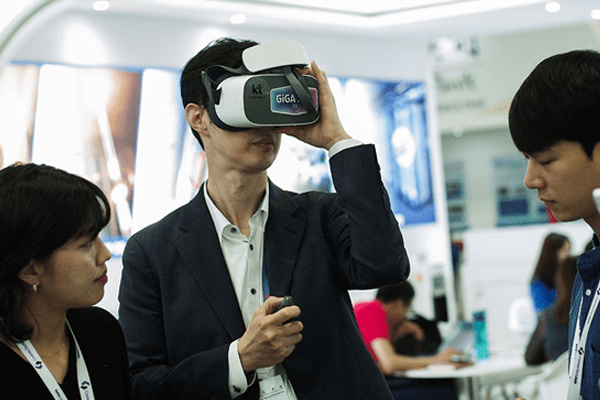Kaspersky creates cybersecurity policy for bionic devices – Technologist
With an eye on a future where bionic devices are commonplace as part of human augmentation, Kaspersky has designed a cybersecurity policy to mitigate security risks that augmentation technology can pose to corporate IT networks.
“Human augmentation is a burgeoning area of technology which in fact remains underexplored. That’s why making a first step towards clarifying issues related to its use, as well as strengthening security, will help us to ensure its potential is used in a positive way. We believe that to build a safer digital world for tomorrow, we need to digitally secure the future of human augmentation today,” said Marco Preuss, director of Kaspersky’s Global Research & Analysis Team (GReAT) in Europe.
Bionic devices are artificial implants which replace biological functions which have been lost due to nerve damage. They use electrical signals to stimulate the remaining nerve cells following disease or injury. They have been around since the 1950s with the invention of cardiac pacemakers and then cochlear implants, which made their appearance in the 1970s. Today, there are a diverse range of bionic devices from prosthetics to replace damaged limbs, other implants and NFC biochips.
According to Global Market insights, the bionic devices market is projected to reach nearly US$8 billion in 2027 spurred by technological developments and rising disposable income in emerging economies. Between 2021 and 2027, the market is expected to grow at a CAGR of more than 8.1%
Safeguarding the future
Amid all the excitement and innovation surrounding human augmentation, however, too little attention is paid to the security of the dedicated devices.
There are legitimate fears among cybersecurity experts and the wider community about lack of awareness around the topic, which can lead to uncertainty and risks for both further development of human augmentation technologies, and a safer digital world in the future.
The cybersecurity policy developed by Kaspersky experts governs procedures for using bionic devices within the company and aims to reduce the associated cybersecurity risks in business processes.
The proposed document creates a scenario where augmented employees become more common in the company in the future, and takes into account Kaspersky’s real-life tests with employees’ biochip implants. It addresses the entire company’s infrastructure and all of its business units.
As a result, it applies to the full access control system, as well as administration processes, maintenance processes, and the use of automated systems.
The policy is to be applied to both employees and temporary staff, as well as employees of third-party stakeholders that render contract services to the company. All these factors aim to enhance the cybersecurity of the corporate infrastructure on a larger level.
It offers a range of standardisation processes, enhancing security and granting better inclusion of employees using bionic devices when in the office.
“One of the major objectives of this initiative is also to engage the global IT and augmentation community in the discussion and pursue a collaborative effort for further steps of human augmentation security development. This includes ensuring digital privacy of devices, proving different levels of access rights to stored information, and mitigating any threats related to human health,” said Preuss.



